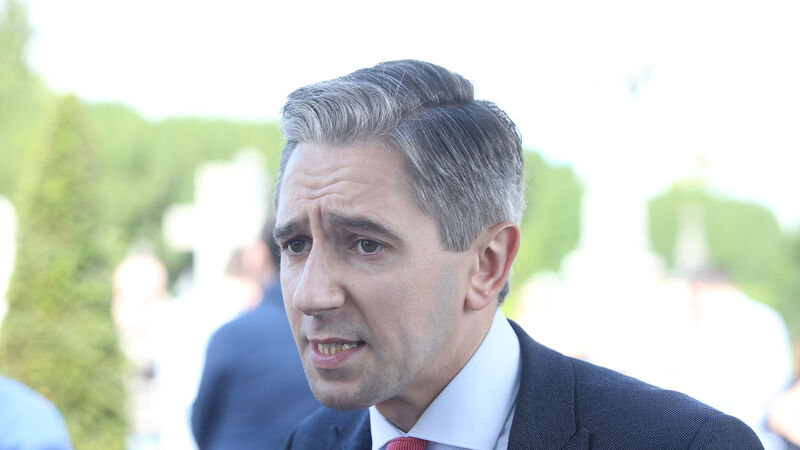Ciara Phelan: Boundaries of Irish political landscape set to shift

Simon Harris' speech at the Collins/Griffith commemoration was seen by some as a play for the Fine Gael leadership. Picture: Stephen Collins/Collins Photos
As summer recesses go, this one has been something of a walk in the park for the Government.
The Dáil wound up in mid-July with those who stroll the corridors of power wondering what controversy would interrupt their summer holidays this year.













